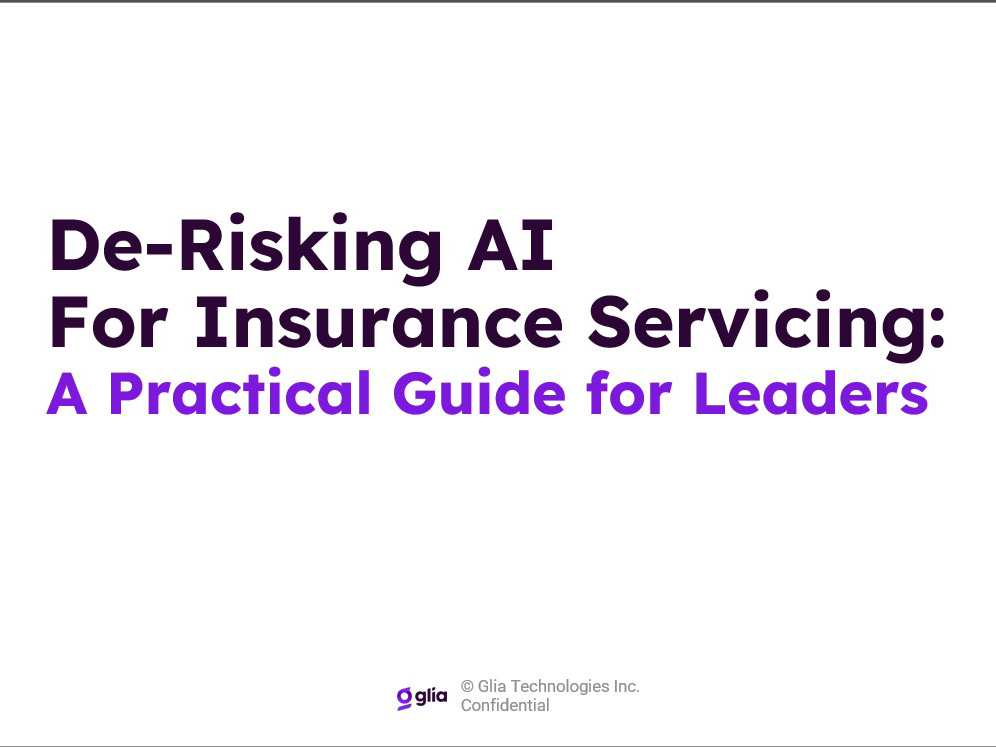Column: Risk Management
What Comes After Z?
I was at a dinner a few months ago with colleagues. At the table was a group of risk professionals ages 40 to 60 years young. We all had worked within organizations identifying risks that could impact strategy.
The dinner conversation turned to the future of our transportation systems. We tried to be prophetic about risks that faced the car industry, trains and taxi systems, Uber, and ride shares like Zip car or Auto-share.
One thing I found thought-provoking. We seemed to speak of risks mostly from our generation’s standpoint. We spoke of risks as we could imagine them.
So getting the key to a Gen Z’s psyche is vital. How do they see the world? How do they access the world? What is important to them? How do they perceive risk?
When the car buffs at the table digressed and shared their dreams of owning a new Maserati or a Tesla, certain assumptive statements caught my attention such as: “Every kid would love to own a Maserati? Why wouldn’t they?”
I challenged the group. Maybe the biggest risk is that we are not paying enough attention? Maybe we don’t understand or accept what the next generation of consumers want or need when it comes to transportation? Maybe our risk registers as a result don’t reflect future risks sufficiently?
Let’s think of a 15-year-old and all of their tween and teen friends. Meet Generation Z.
In a few short years, they shall be the retail disruptors of tomorrow. Reports indicate that by 2020, this generation will translate to $3.2 trillion in purchasing power.
So getting the key to a Gen Z’s psyche is vital. How do they see the world? How do they access the world? What is important to them? How do they perceive risk?
A typical Gen Z was born around 2001. They were born with a smart phone in their hand but also their first memories were of economic doom, recessions, acts of terror and war shaped by events like 9/11 and Columbine.
Born witness to all this, Gen Zs are growing up fast and developing sensitivities beyond their years and with a strong sense of social justice and philanthropy.
Many have drawn parallels between Gen Zs and the “silent generation,” also known as Gen Zs’ grandma and grandpa, who also lived through the aftermath of the Great Depression. These kids are developing life skills, and forming personalities different than their older “millennial-Gen Y” siblings who seem to be struggling to leave home and secure jobs.
Studies show that Gen Zs are more financially conscientious. They are also more risk-averse. They worry about the economy, privacy, cyber crime, job security and terrorism.
They think about cars differently too. For many, a car is no longer a status symbol but more of a symbol of greedy capitalism. Gen Zs live in a world where things move quickly. They are much less likely to attach themselves to a long-term obligation like a car that will only become obsolete. In fact, they are more likely to pool friends together to share a car or use public transport. For those who do end up buying a car, they would most likely choose a car for its environmental friendliness, modesty, affordability, practicality and safety. Sounds a lot like a car grandparents would buy, doesn’t it?
I guess it makes sense that if we are to talk of future strategic risks we need to hear more from the future. We need to stop guessing.
Invite our Gen Zs to our risk sessions. Invite them to our dinners. Have them teach us “baby boomers” and Gen Xers. &










